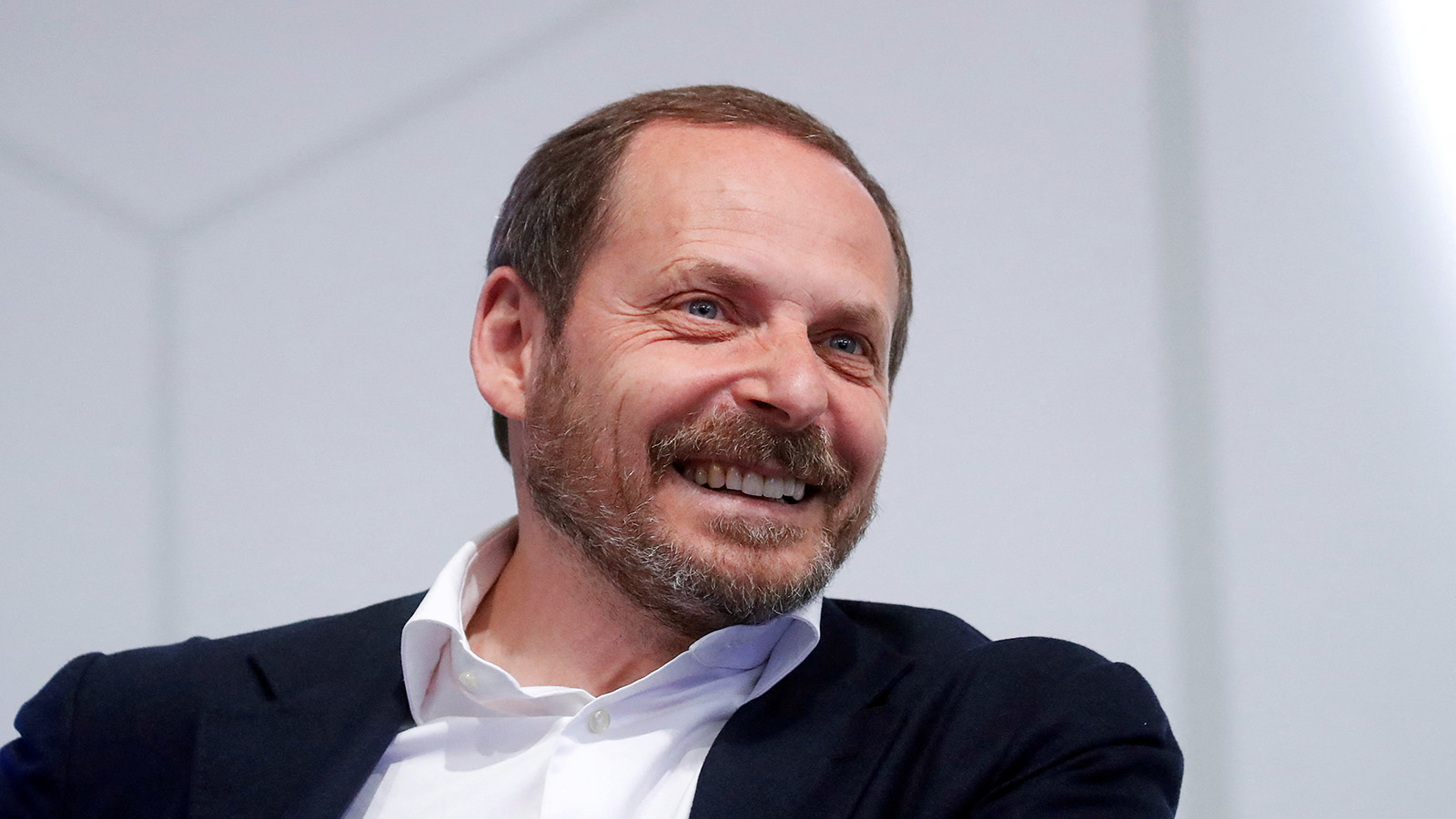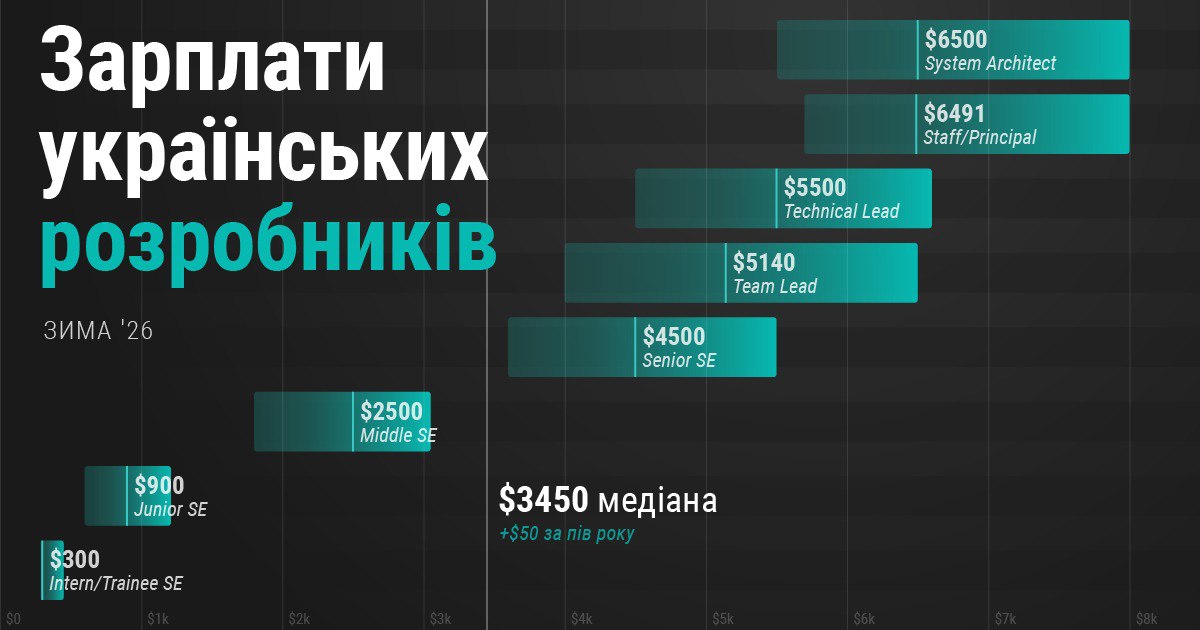Microsoft Signs $17B Deal with Nebius, the Company Founded by Yandex Co-Founder
In early September, Microsoft signed a major contract with Nebius, agreeing to pay $17 billion for services through 2031, with the potential to increase funding to $19.4 billion. For Nebius, a relatively young company, this marks its first mega-deal, sending its shares soaring by 60% almost overnight.
For Microsoft, Nebius provides AI model training services. Nebius, meanwhile, aims to secure more long-term contracts with large clients, a strategy that could ensure steady growth for years to come.
Until recently, Nebius flew largely under the radar, overshadowed by names like OpenAI, Nvidia, and Oracle, the latter of which has recently seen enormous growth thanks to long-term contracts. Yet the story of Nebius stretches back nearly 30 years, and it has roots in Russia. Scroll.media takes a brief look at how this company came to be.
From Yandex to Nebius
Nebius was founded by Arkady Volozh, the Russian entrepreneur best known as a co-founder of Yandex, Russia’s leading tech company, founded in 1997.
Nebius itself began as a Yandex initiative in cloud computing. Launched in 2018 as Yandex.Cloud, the team built data centers and GPU clusters for AI applications. Eventually, this project spun off into a separate company called Nebius.
In 2022, Yandex faced US listing freezes and sanctions against Volozh, while the company continued operating beyond Russia — in Asia, Turkey, Europe, and other regions. Yandex, however, remained closely tied to Russian state influence; its Yandex.News service was criticized for skewing information and omitting key global and local news. Some team members later acknowledged these practices.

To protect his reputation and part of the business, Volozh split the company. Russian operations remained under Yandex, while Nebius took on AI projects, robotics developments, and international business. Nebius continued trading on Nasdaq, asserting itself as a fully independent company, free of Russian government influence.
Volozh openly acknowledges that many Nebius specialists are Russian expatriates who relocated to the new company. He has also made public statements and interviews advocating for the lifting of European sanctions against him.
Fresh Start
Following the spin-off, Nebius sought to distance itself entirely from Russia. Leveraging significant funds from the Yandex exit, the company invested heavily in infrastructure, partnered with Nvidia, and purchased large quantities of chips, building a project estimated at $1 billion.
The Microsoft deal further cements Nebius’ legitimacy and boosts its reputation in the global tech ecosystem.
After signing the agreement, Nebius’ market capitalization exceeded $20 billion, surpassing Yandex, which is valued at roughly $16 billion and remains one of Russia’s largest tech companies.
Looking ahead, Nebius plans to raise $3 billion in debt financing to expand its infrastructure, build data centers, and acquire the equipment needed to fulfill the Microsoft contract.
Microsoft Signs $17B Deal with Nebius, the Company Founded by Yandex Co-Founder
In early September, Microsoft signed a major contract with Nebius, agreeing to pay $17 billion for services through 2031, with the potential to increase funding to $19.4 billion. For Nebius, a relatively young company, this marks its first mega-deal, sending its shares soaring by 60% almost overnight.
For Microsoft, Nebius provides AI model training services. Nebius, meanwhile, aims to secure more long-term contracts with large clients, a strategy that could ensure steady growth for years to come.
Until recently, Nebius flew largely under the radar, overshadowed by names like OpenAI, Nvidia, and Oracle, the latter of which has recently seen enormous growth thanks to long-term contracts. Yet the story of Nebius stretches back nearly 30 years, and it has roots in Russia. Scroll.media takes a brief look at how this company came to be.
From Yandex to Nebius
Nebius was founded by Arkady Volozh, the Russian entrepreneur best known as a co-founder of Yandex, Russia’s leading tech company, founded in 1997.
Nebius itself began as a Yandex initiative in cloud computing. Launched in 2018 as Yandex.Cloud, the team built data centers and GPU clusters for AI applications. Eventually, this project spun off into a separate company called Nebius.
In 2022, Yandex faced US listing freezes and sanctions against Volozh, while the company continued operating beyond Russia — in Asia, Turkey, Europe, and other regions. Yandex, however, remained closely tied to Russian state influence; its Yandex.News service was criticized for skewing information and omitting key global and local news. Some team members later acknowledged these practices.

To protect his reputation and part of the business, Volozh split the company. Russian operations remained under Yandex, while Nebius took on AI projects, robotics developments, and international business. Nebius continued trading on Nasdaq, asserting itself as a fully independent company, free of Russian government influence.
Volozh openly acknowledges that many Nebius specialists are Russian expatriates who relocated to the new company. He has also made public statements and interviews advocating for the lifting of European sanctions against him.
Fresh Start
Following the spin-off, Nebius sought to distance itself entirely from Russia. Leveraging significant funds from the Yandex exit, the company invested heavily in infrastructure, partnered with Nvidia, and purchased large quantities of chips, building a project estimated at $1 billion.
The Microsoft deal further cements Nebius’ legitimacy and boosts its reputation in the global tech ecosystem.
After signing the agreement, Nebius’ market capitalization exceeded $20 billion, surpassing Yandex, which is valued at roughly $16 billion and remains one of Russia’s largest tech companies.
Looking ahead, Nebius plans to raise $3 billion in debt financing to expand its infrastructure, build data centers, and acquire the equipment needed to fulfill the Microsoft contract.





